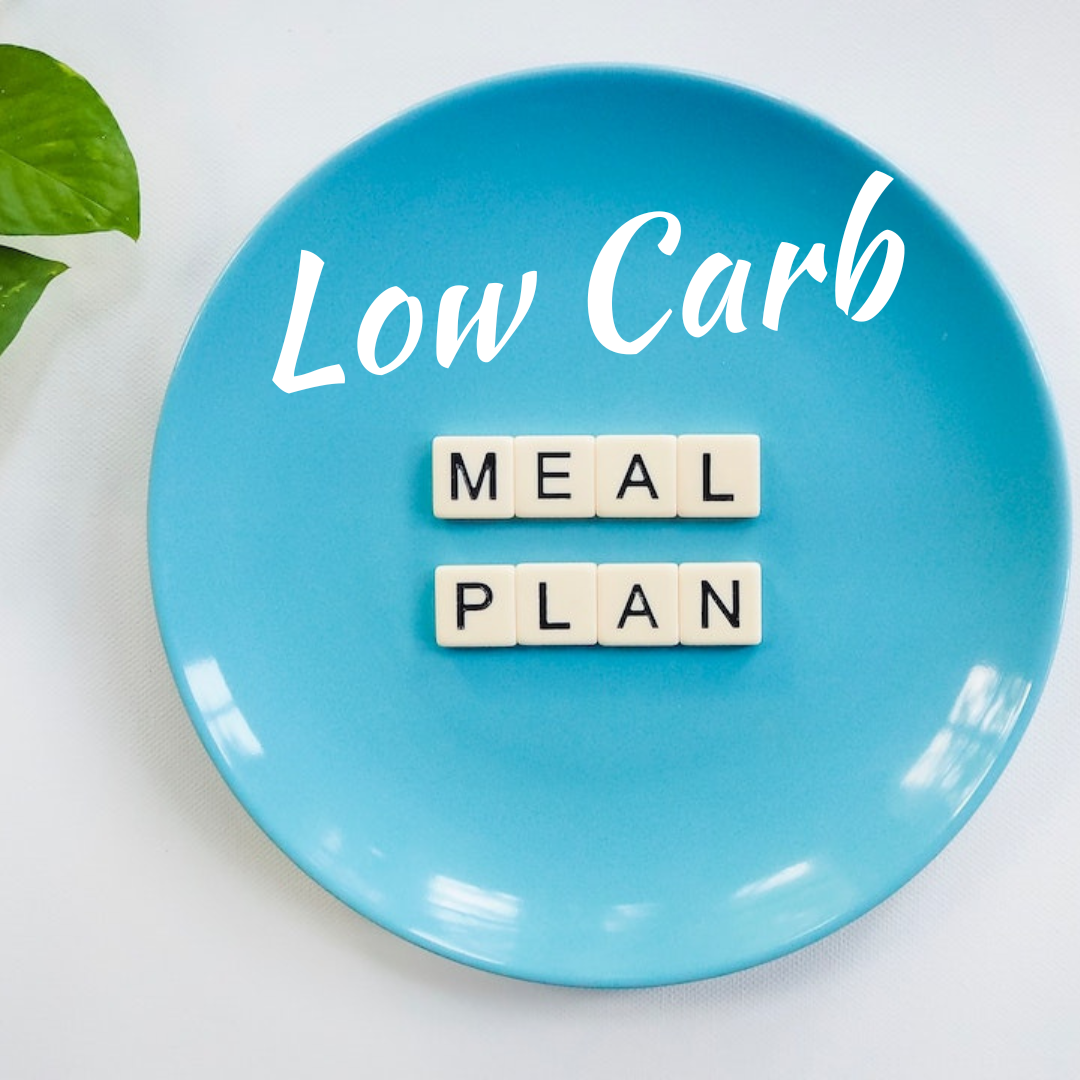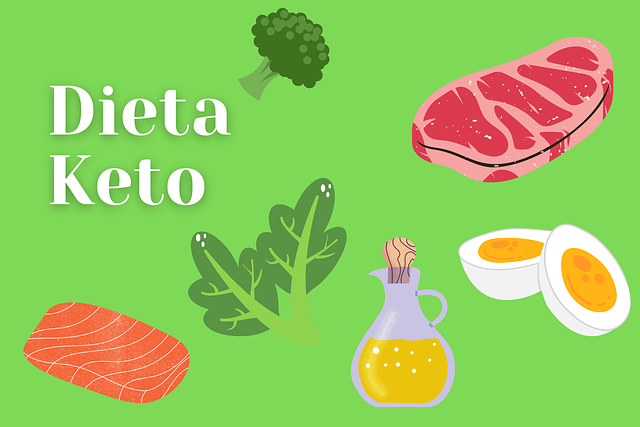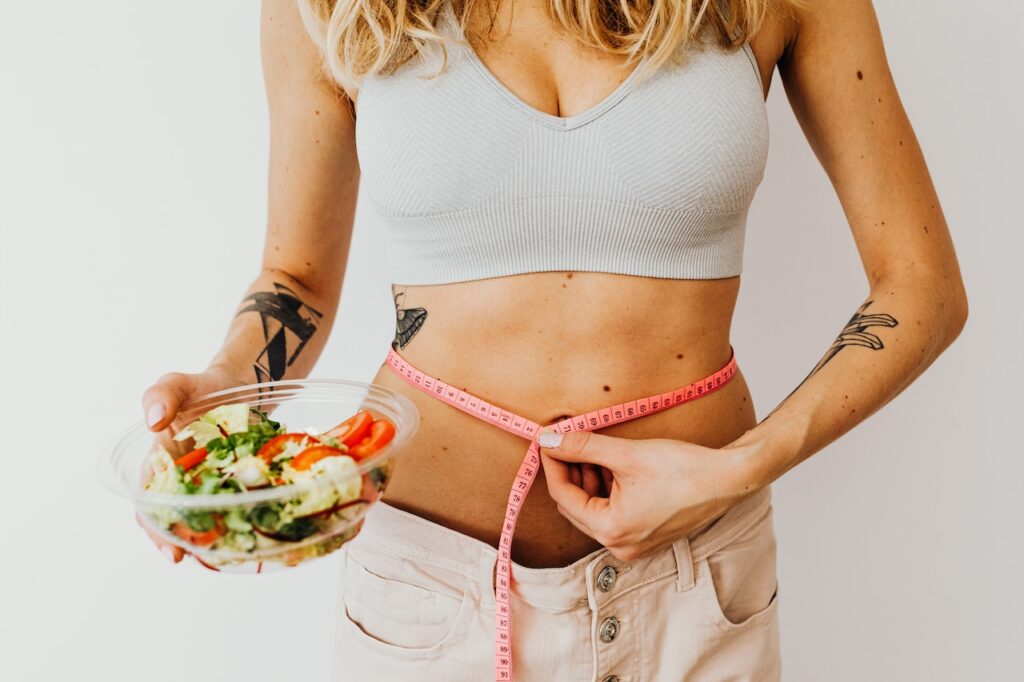Are you trying to find a low carb meal prep for a week?
You've arrived at the proper location.
A ketogenic diet restricts the amount of carbs consumed.
In our instance, we advise consuming no more than 20 grams of net carbs each day.

Increased fat burning and possible advantages like healthy weight loss and enhanced metabolic health are the effects of this.
Before beginning a ketogenic diet if you are new to it, be sure to read the basic information listed below.
A keto diet is for who?
A keto diet plan is for those who wish to live a simpler lifestyle while reaping the rewards of eating keto: reduced appetite, weight loss, improved blood sugar regulation, and other health benefits...
Health benefits of low carb (ketogenic) diet
- Increase weight loss. Typically, a high-carb, low-fat diet is advised for those looking to reduce weight. Studies have revealed that this can prevent the body from using fat effectively even more. A ketogenic diet restricts the consumption of non-fiber carbs to enable the body to access and utilize healthy fats as fuel. Increased weight loss is the outcome, which is beneficial for obese people in particular.
- Cancer risk is decreased. Cancer cells can only burn glucose for energy, unlike mitochondria, which can choose to burn either glucose or fat. The cancer cells are starved to death when you follow a ketogenic diet because they are denied their main source of energy.
- Lower appetite. As a result of its low carbohydrate requirements, the ketogenic diet has been demonstrated to minimize feelings of continual hunger and to remove cravings for carbohydrates.
- Lower levels of insulin. The blood sugar levels increase as your body consumes glucose as fuel. The body's insulin levels rise as a result. Your chance of getting Type 2 diabetes may rise as a result of insulin resistance, which may develop over time as a result of the continuous rise in insulin levels.
See the infographic below for more health benefits of the keto diet.

But how do the keto diet helps to burn our fat...
How Burns Fat a Ketogenic Diet?
In a nutshell, keto is the best diet for burning fat because:
- As you know, low carbohydrate diets lower insulin levels. Insulin prevents fat burning on high-carb diets, whereas the ketogenic diet's reduced blood sugar and insulin levels make burning fat stores simple. People who have successfully adapted to ketosis often burn fat almost ten times faster than non-keto people.
- When you follow a ketogenic diet, your body is forced to burn fat for fuel both while you're exercising and at rest. Other diet programs focus more on fasting (including overnight fasts) and exercise to burn fat. You can burn fat continuously with keto, though.
- The natural reduction of hunger and desires brought on by the ketosis state results in an uncomplicated calorie deficit. As a result, you can lose weight over the long term without tracking calories.
Unlimited access!
Download our 21 Free Keto Recipes and get instant access to 14-Day Meal Plan, food list and more bonuses ...
How to Begin a Ketogenic Diet
There are a few things you should be aware of if you want to try the keto diet. Before making any significant changes to your diet, it is crucial to conduct your research and consult with your doctor.
Second, you must start by consuming fewer carbohydrates. Most people who start the keto diet do so by lowering their daily carbohydrate intake to 20–50 grams. Some individuals might find this a little challenging, but with some preparation it is manageable.
Third, you'll need to consume more fat. The typical keto diet target is a 70/25/5 ratio of fat, protein, and carbohydrates. This indicates that you should consume 70% of your calories from fat, 25% from protein, and 5% from carbohydrates.
Fourth, you must ensure that you are consuming adequate electrolytes. You shed a lot of water weight when you cut back on carbs. Unless you take precautions, this could result in dehydration. Make sure to consume enough of water and meals strong in electrolytes to prevent this.
Finally, it's crucial to exercise patience. Your body may need some time to adjust to the keto diet. Prior to evaluating the effectiveness of the diet, give it at least two to four weeks.
Low Carb Meal Prep for a Week
So if you want create a low carb meal prep for a week for yourself, you can use the recipes from our other articles:
- 10 Easy Keto Dinner Recipes That Will Help You Lose Weight
- 10 Keto Desserts Recipes With Coconut Flour [Quick & Easy]
- 30+ Quick Easy Keto Snacks Ideas “On The Go” [Best Recipes]
- 17 lazy keto breakfast Ideas To Best Start Your Day
- 19 lazy keto lunch ideas That Your Family Will Love
- 15 Super Easy & healthy low carb pizza recipes
Day 1
- Breakfast: 2 eggs cooked in coconut oil with cheese
- Lunch: lettuce wraps with bacon, avocado and tomatoes
- Dinner: Chicken thighs cooked in olive oil with broccoli and cheese
- Snacks: Almonds or celery sticks with peanut butter
Day 2
- Breakfast: Zero carb keto pancakes
- Lunch: Keto grilled chicken Caeser salad
- Dinner: Steak with sautéed mushrooms and onions
- Snacks: Carrots sticks with peanut butter
Day 3
- Breakfast: Greek yogurt with flax seeds and blueberries
- Lunch: Sesame chicken salad
- Dinner: Eggplant lasagna
- Snacks: Parmesan cheese crisps
Day 4
- Breakfast: Cheese omelet
- Lunch: Italian keto meatballs with mozzarella cheese
- Dinner: Keto chicken burger with jalapeño aioli
- Snacks: Fat bombs
Keto sushi recipes for lunch or dinner ... Read more...
Day 5
- Breakfast: One of our 25 low carb casserole recipes
- Lunch: Grilled chicken Caesar salad
- Dinner: Hunan beef
- Snacks: Keto granola bar
Day 6
- Breakfast: Easy keto breakfast with avocado and cheddar cheese
- Lunch: Chicken salad with mayo and grapes
- Dinner: Crispy keto tuna burger
- Snacks: Beef jerky
Day 7
- Breakfast: Easy Keto Pumpkin Pancake
- Lunch: Spicy Keto Thai Chicken Soup
- Dinner: Keto broccoli salad
- Snacks: Smoothie with strawberries
Success Strategies for the low carb meal prep for a week
There is 7 best tips to be into ketosis ...
1. Limit your carb intake
By limiting your daily carbohydrate intake to 20–50 net grams, you can lower your insulin and blood sugar levels, which releases fatty acids from your body's fat stores that your liver then transforms into ketones.
2. Use coconut oil
Medium-chain triglycerides (MCTs), which come from coconut oil, are readily absorbed by your body and converted into ketones by your liver.
3. Make exercises
Exercise can raise ketone levels while on a carbohydrate restriction. Working exercise while fasting may enhance this impact.
4. Eat more healthy fat
Your ketone levels will increase if you get at least 60% of your calories from fat. Pick a range of wholesome fats from both plant and animal sources.
5. Try a short fast
You can enter ketosis rather quickly by fasting, engaging in intermittent fasting, or doing a "fat fast."
6. Keep up a healthy protein intake
Loss of muscle mass can result from eating too little protein, whereas ketone synthesis can be suppressed by eating too much protein.
7. Track Ketones
You can make sure you're entering and staying in ketosis by measuring your ketone levels using breath, urine, or blood tests.
Use these homemade low carb gummies for the snack ideas ... Read more...
Conclusion
The 1-week keto meal plan is created to assist you in adjusting to a ketogenic diet and beginning to notice results.
It's a fantastic technique to kick-start weight loss or get through a weight loss plateau.
Just keep in mind to be adaptable, consume only healthy meals, and drink plenty of water!
Your New Keto Secret Tools
Subscribe today and get access to Best Keto Library



